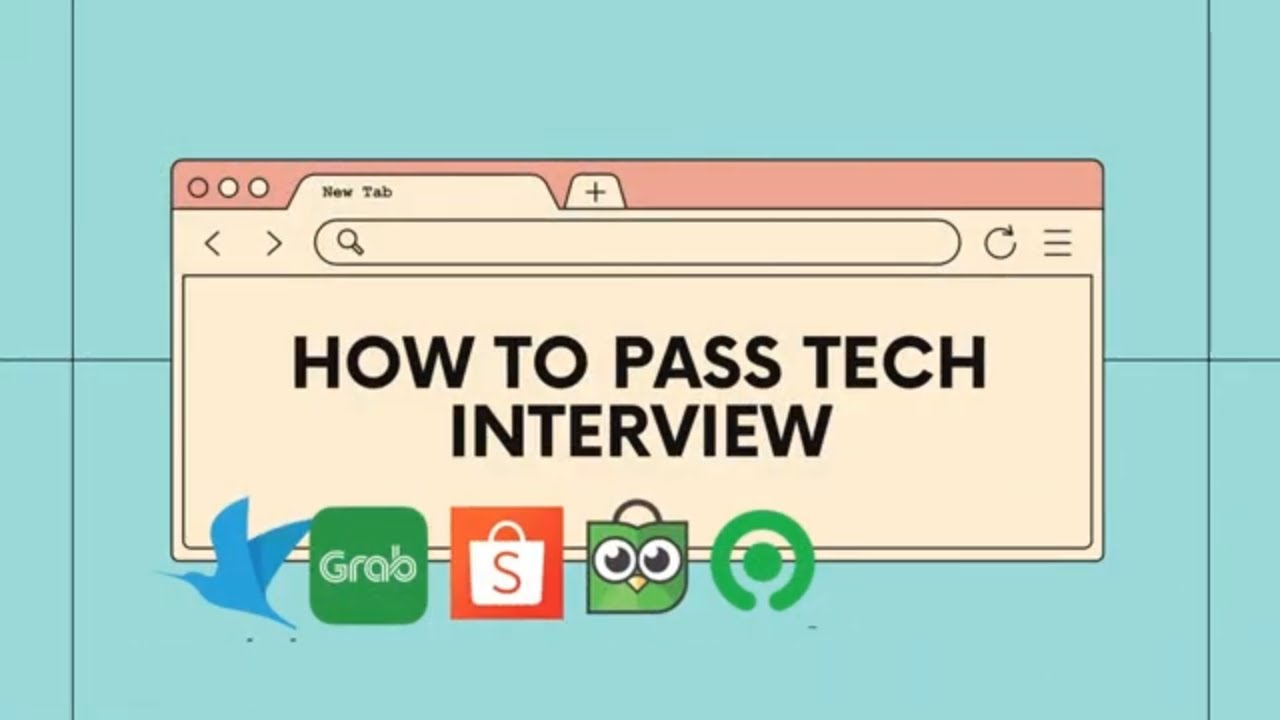ENTREVISTA DE EMPREGO I 9 PERGUNTAS E RESPOSTAS PARA SE SAIR BEM NA ENTREVISTA
Summary
TLDRThis video provides valuable insights into job interview strategies, focusing on three key question types: compatibility with identity, behavioral compatibility, and long-term potential. The speaker emphasizes the importance of aligning your motivations with the company’s values, offering examples to demonstrate how candidates can make a lasting impact. Additionally, it highlights how candidates should present themselves during interviews to ensure both their goals and the company’s objectives are in sync, making the interview process a mutual evaluation.
Takeaways
- 😀 Candidates should demonstrate self-awareness and articulate how their values align with the company's culture during an interview.
- 😀 The question 'How do you see yourself in five years?' helps employers assess whether candidates have long-term career plans aligned with the company.
- 😀 Employers want candidates to focus on long-term commitment rather than short-term rewards, like bonuses or personal benefits.
- 😀 When asked about motivations, candidates should emphasize professional growth and meaningful contributions rather than superficial rewards.
- 😀 The question 'Why do you want to work here?' is an opportunity to showcase alignment with the company’s values, mission, and long-term goals.
- 😀 Candidates should avoid focusing solely on personal benefits (like salary or home office opportunities) in response to why they want the job.
- 😀 Employers are seeking candidates whose motivations align with the company’s ability to provide long-term growth and opportunities.
- 😀 A strong interview answer should reflect that a candidate is invested in the company’s purpose and values, not just the role itself.
- 😀 It's important for candidates to show how their skills and long-term career goals will help them contribute to the company’s success.
- 😀 Job interviews should be viewed as a chance for candidates to 'sell' themselves, showing they are a good cultural and professional fit for the company.
Q & A
What is the main focus of the speaker in this interview guidance video?
-The main focus is on how candidates can approach interview questions to demonstrate long-term compatibility with a company, beyond just personal benefits such as salary or home-office setups.
Why is analyzing regret important in interviews according to the speaker?
-Regret is important because it helps assess how candidates handle setbacks, mistakes, and difficult situations, which can provide insight into their overall behavior and growth mindset.
What are the three types of interview questions the speaker categorizes?
-The three types of interview questions are: Identity Compatibility (understanding personal values), Behavioral Compatibility (assessing day-to-day work habits), and Long-Term Compatibility (evaluating future potential with the company).
How should candidates answer the question 'Where do you see yourself in 5 years?'
-Candidates should focus on demonstrating long-term commitment to their career and growth within the company, such as continuing education or specialization in their field, rather than saying they’ll move on to something else.
What is the importance of the question 'What motivates you?' in an interview?
-This question helps employers understand if a candidate’s motivations align with the company’s values and if they can stay engaged in the role for the long term. Candidates should explain meaningful motivators, such as leadership roles or responsibility, instead of just personal rewards like bonuses.
Why is it a mistake to answer 'Why do you want to work here?' with personal reasons like salary or benefits?
-Focusing on personal benefits, such as salary or working conditions, can make it seem like the candidate is only interested in the job for short-term personal gain, rather than showing a true alignment with the company’s mission and long-term goals.
What should candidates highlight when asked why they want to work at a specific company?
-Candidates should focus on the company’s values, culture, and mission, such as their commitment to social causes or innovation, and explain how these align with the candidate's own values and long-term career goals.
How does the speaker suggest candidates handle the question about long-term motivation?
-The speaker advises candidates to discuss what truly drives them at work, such as meaningful projects, leadership opportunities, and the chance to contribute to something impactful, rather than focusing on rewards or personal perks.
What mistake do candidates often make when discussing their motivations in interviews?
-Many candidates mistakenly focus on surface-level rewards like winning bonuses or enjoying vacations instead of discussing how their motivations relate to their professional growth, responsibility, and alignment with the company’s goals.
How does the speaker define a strong answer to the question 'Why do you want to work here?'
-A strong answer demonstrates an understanding of the company’s mission, values, and impact. Candidates should explain how their career goals, values, and experiences align with the company’s objectives, showing they want to contribute to the company’s long-term success.
Outlines

هذا القسم متوفر فقط للمشتركين. يرجى الترقية للوصول إلى هذه الميزة.
قم بالترقية الآنMindmap

هذا القسم متوفر فقط للمشتركين. يرجى الترقية للوصول إلى هذه الميزة.
قم بالترقية الآنKeywords

هذا القسم متوفر فقط للمشتركين. يرجى الترقية للوصول إلى هذه الميزة.
قم بالترقية الآنHighlights

هذا القسم متوفر فقط للمشتركين. يرجى الترقية للوصول إلى هذه الميزة.
قم بالترقية الآنTranscripts

هذا القسم متوفر فقط للمشتركين. يرجى الترقية للوصول إلى هذه الميزة.
قم بالترقية الآنتصفح المزيد من مقاطع الفيديو ذات الصلة
5.0 / 5 (0 votes)






